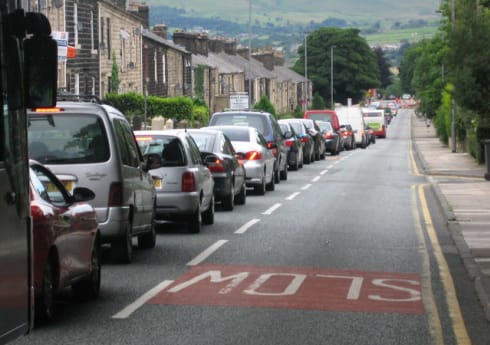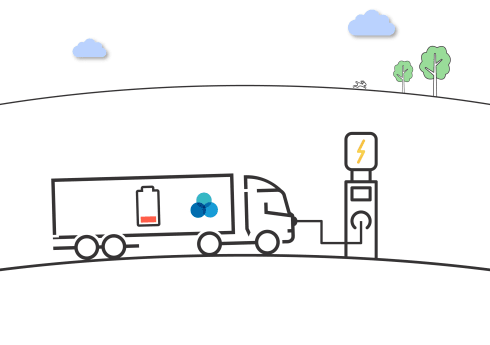Company Cars And Allowances Explained: Should You Offer Them?

The practice of granting employees company cars has been around for many decades, but businesses are increasingly looking for alternative ways to cover transport for their workers. If you’re in that position, eager to support your employees but not entirely sure how, then company car allowances might be right for you.
In this post, we’re going to answer some core questions you might have about company car allowances, including what they involve and how they compare to your other options. Let’s begin:
What are car allowances?
While the name may suggest something more complicated, the concept of a company car allowance is extremely simple. Want to help an employee get around easily? Give them money to spend on buying, renting or maintaining a vehicle. By providing a set amount each month or a lump sum each year, you can cover all their costs without needing any tricky arrangements.
However you break up the payments, you’re essentially just raising their salary, but as part of an understanding that they’ll use that money for its intended purpose. If you discover that they’re using it for something else, you can take away that privilege. It’s entirely up to you, as there are no set rules or laws governing company car allowances.
What is company car tax?
Perhaps the main thing dissuading businesses from offering company cars these days is the existence of company car tax. Not only do you (as the employer) have to pay tax on the company cars you provide, but the employees using them for anything outside of necessary travel during work hours also need to pay tax on them. It’s financially draining, and potentially a significant organisational headache.
What is mileage allowance?
Mileage allowance (also known as fuel allowance) is a form of tax relief on fuel used to cover business miles. If you choose to cover some or all of your employees’ fuel costs, you can do so up to a certain amount without needing to pay tax on it — anything beyond that will be taxed at the usual rate. If you don’t pay any mileage allowance, or offer less than the maximum allowance, your employees can claim the difference in tax relief in their tax forms. There are more details in our main piece on mileage allowance.
Car allowance vs company car vs mileage allowance
The pertinent question, then, is which one of these approaches you should use for your business. Though it depends on the exact nature of your company, the option of providing car allowances is certainly the simplest and easiest. You can either offer the money and let your employees deal with the specifics, or have them arrange ongoing car payments and cover them directly (the latter gives you full control over where the money is going).
Providing company cars does have its advantages. You can choose the cars, plus you retain ownership of them (meaning you can sell them on eventually). And for your employees, it can be nice not having to worry about handling maintenance issues — everything like that goes directly to you. The tax burden is a major headache, though.
As for mileage allowance, well, it’s more of a half-measure for dealing with transport costs. If you can’t afford to provide company cars or company car allowances, then you should certainly offer whatever fuel compensation you can, but full car allowances will always be more desirable for employees (and more useful for employers as major perks with no special tax requirements).
iCompario is the free online marketplace for business products and services, where managers and owners can research and rapidly compare fuel cards, vehicle tracking systems, insurance, telecoms and other essentials. The team follows up online queries by telephone so every site visitor finds their ideal, future-proof product at the best price possible.
Read more about iCompario

Partially Pumped Up: Our Survey Reveals Many UK Drivers Can’t Afford to Fill Their Car with a Full Tank of Petrol


